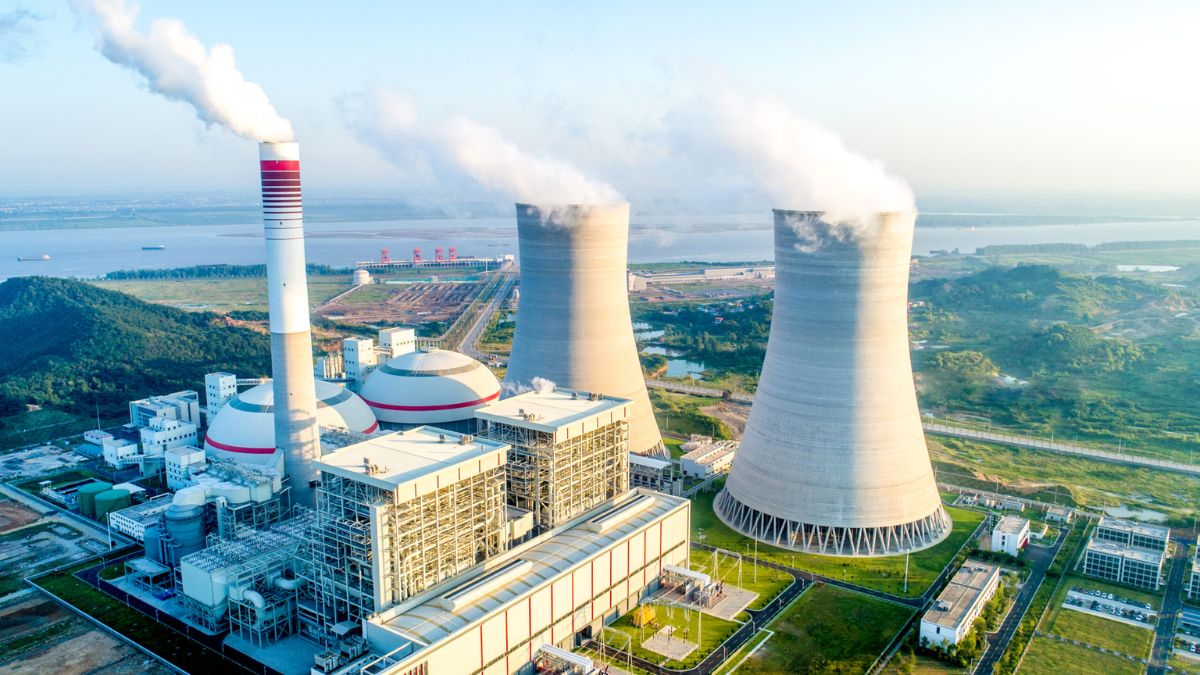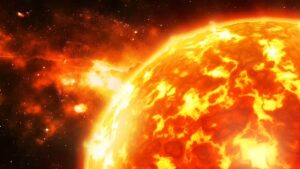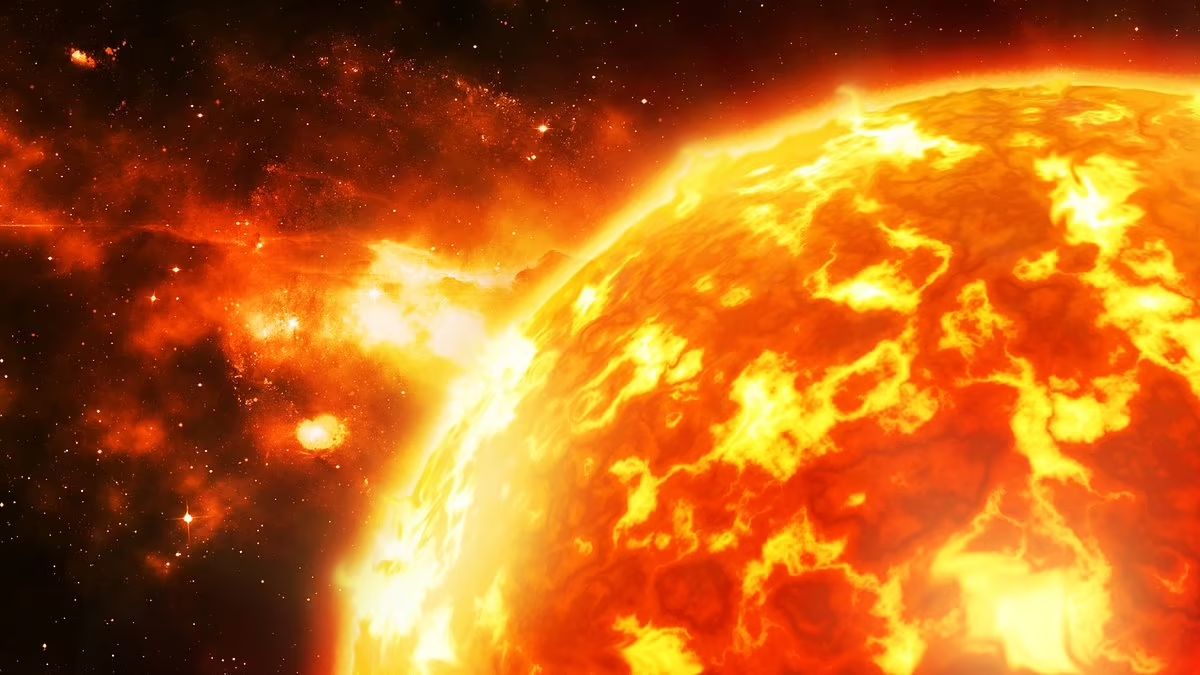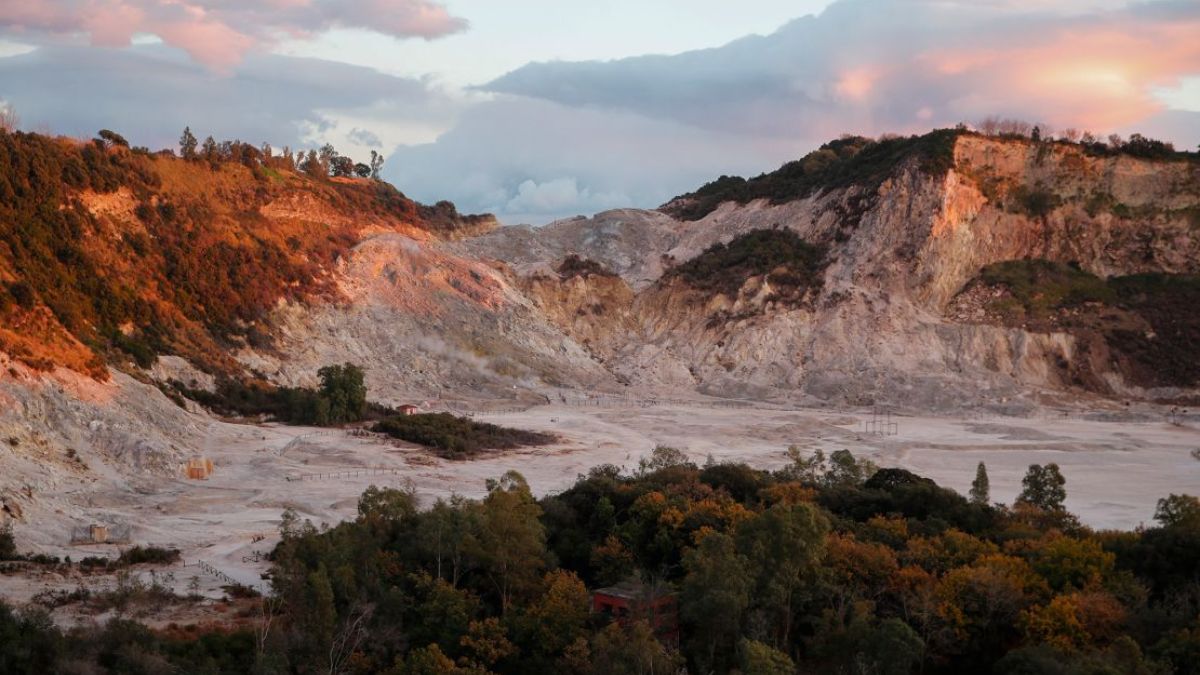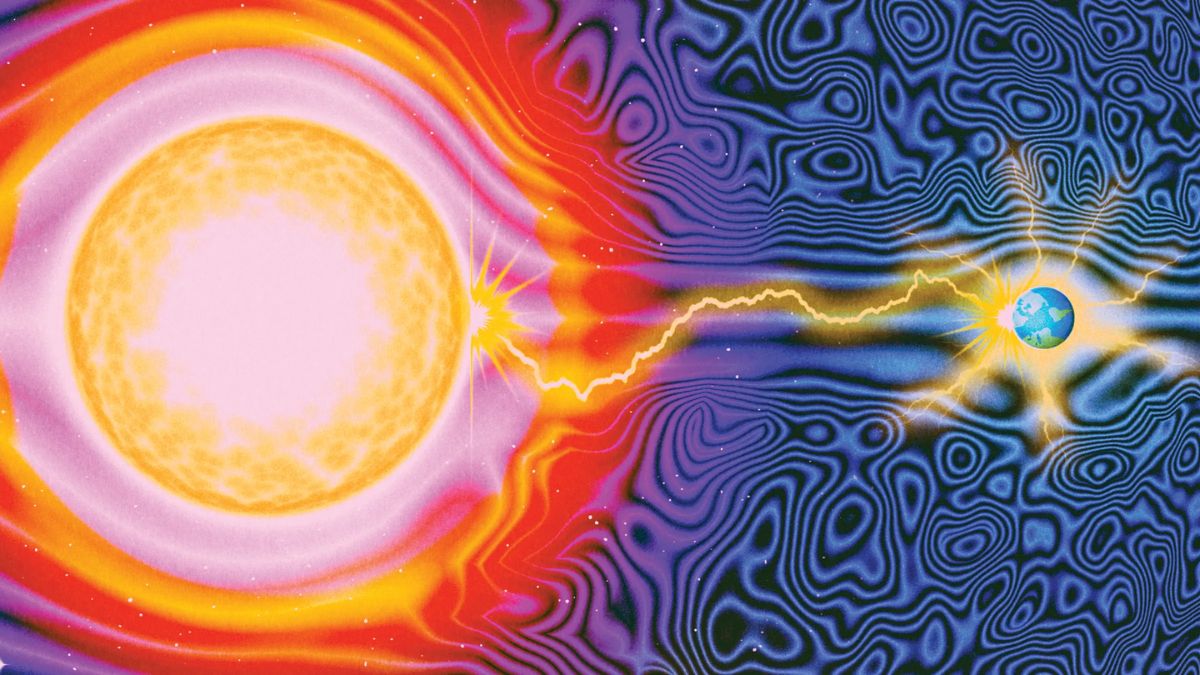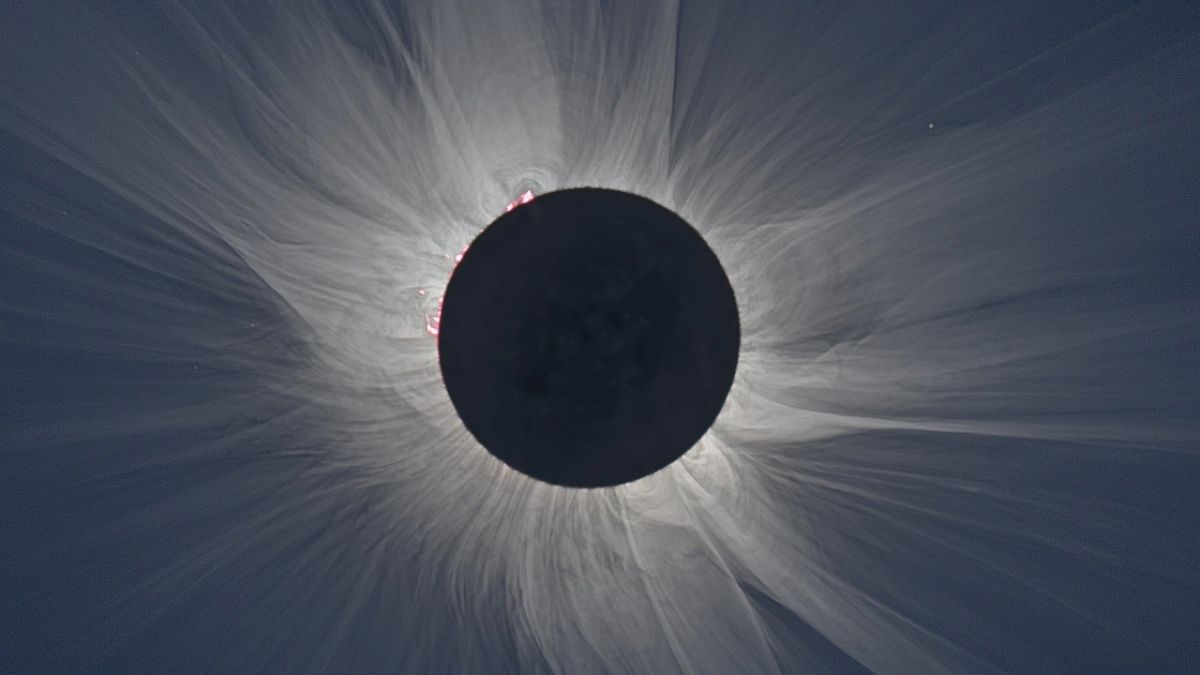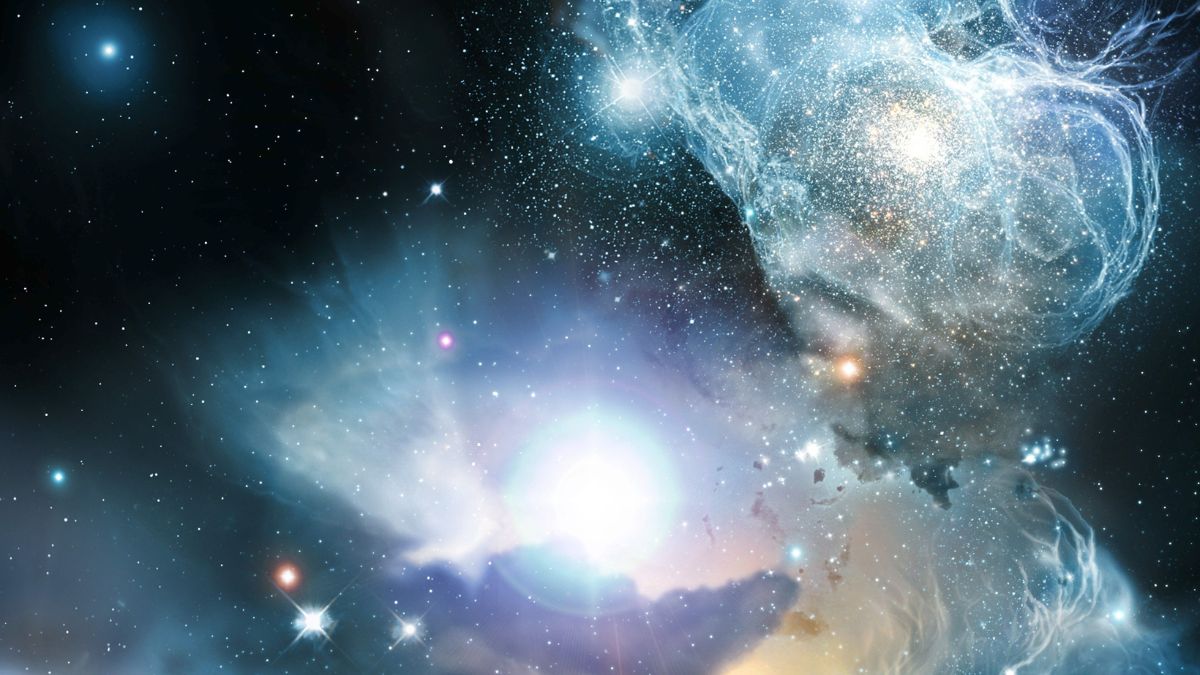Electricity powers our lives—but how we generate it is hurting our planet. From polluted skies to rising global temperatures, the energy crisis is becoming impossible to ignore. Luckily, things might be changing. China, one of the world’s biggest polluters, is making a major shift toward a cleaner energy future: nuclear power. Let’s cut into what this means for China and the rest of the world.
Energy
China is home to more than a billion people—and they all need electricity. From turning on lights and charging phones to powering factories, the country’s energy demand is massive. To meet this demand, China has long relied on fossil fuels like coal and petroleum, which release harmful gases into the air and speed up climate change.
But now, that could be about to change. China is shifting gears, investing in a much cleaner and more efficient energy source: nuclear power.
Switch
So, why nuclear? Nuclear energy doesn’t produce the smoke and pollution that coal and oil do. Instead, it uses uranium, a natural element. When uranium atoms split (a process called nuclear fission), they release a huge amount of heat. This heat boils water into steam, which spins a turbine—and just like that, you’ve got electricity.
No burning. No smoke. Just a clean and powerful way to meet China’s growing energy needs.
China plans to build ten new nuclear reactors in the coming years. These plants are where all the fission magic happens. And yes—it’s a pricey plan, with an estimated cost of around $27 billion. But China sees this as a future-forward investment.
Benefits
There are plenty of upsides to nuclear energy. First, it doesn’t release greenhouse gases, meaning it doesn’t contribute to global warming. That’s a huge plus, especially when you compare it to the thick, black smoke we’ve seen pouring out of coal-powered plants.
Nuclear energy also offers something solar and wind can’t always provide: nonstop power. Whether it’s day or night, sunny or stormy, nuclear plants can run around the clock. That makes it reliable for a country with massive energy needs.
Plus, switching to nuclear means fewer health risks for people living near power plants, thanks to cleaner air.
Risks
Still, nuclear energy isn’t all sunshine and roses. There are serious risks involved.
A major concern is what happens if something goes wrong. Nuclear accidents, though rare, can be catastrophic—as we saw in places like Chernobyl and Fukushima. Radiation leaks can affect human health and the environment for decades.
Another challenge is cost. Nuclear plants take years to build and require massive investments. They also create nuclear waste, which must be safely stored and monitored for hundreds of years.
So while nuclear is clean and powerful, it comes with serious responsibility.
Global
China’s move toward nuclear energy might influence the rest of the world. If the country succeeds, others may follow suit—or at least be inspired to rethink their energy strategies.
Energy and the environment have always been hot topics. And with climate change becoming more urgent, countries are under pressure to act. Seeing a nation as large and influential as China make such a bold move might just be the push other countries need to go greener too.
Could China become a global leader in nuclear power? It’s possible. With their resources and determination, they could become a major supplier or at least set the standard for others to follow.
Future
Let’s face it—we can’t live without electricity. And if we want a cleaner future, we need to change how we make it.
Nuclear energy, while not perfect, offers a solid step away from fossil fuels. China’s new project brings hope at a time when environmental challenges are growing bigger by the day.
Will it work? Only time will tell. But for now, it’s a promising move toward sustainability—and a cleaner planet for us all.
FAQs
Why is China using nuclear energy?
To reduce pollution and produce cleaner electricity.
How does nuclear energy work?
It uses uranium to create heat through nuclear fission.
What are the risks of nuclear power?
Accidents, radiation leaks, and nuclear waste storage.
How many reactors is China building?
China is planning to build 10 new nuclear reactors.
Is nuclear energy better than coal?
Yes, it produces no air pollution or greenhouse gases.

